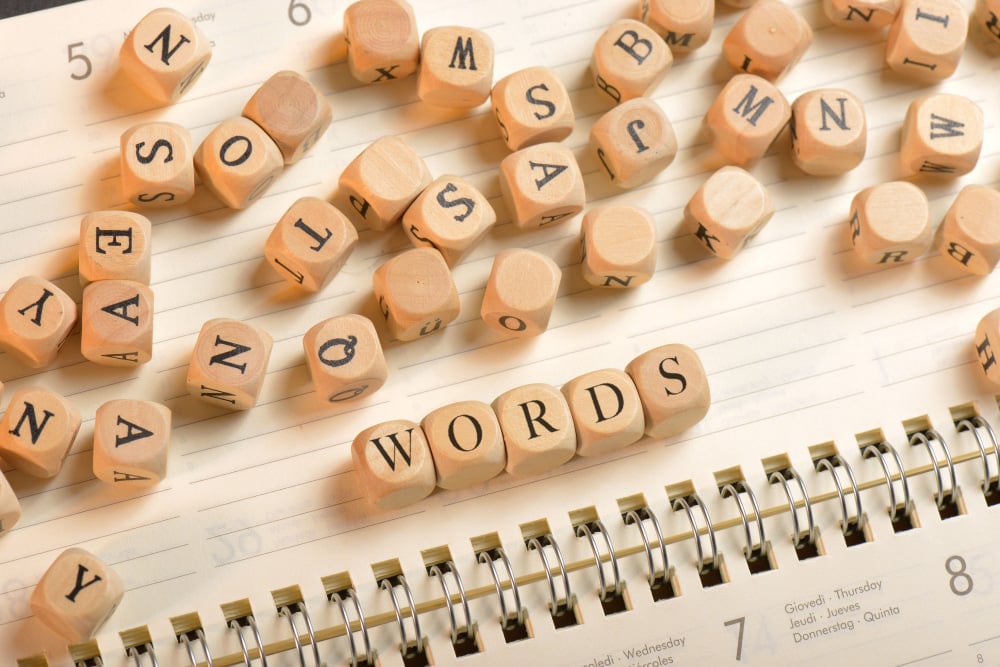
Not surprisingly, words are something we’re passionate about. And that’s because we believe that words, language and communication matter. The right words can change minds, win hearts and spread ideas. They are the mark of inspirational leadership, powerful stories and memorable campaigns.
That’s the thinking behind a video we’ve created that puts this into perspective. Words can motivate you, disappoint you, anger you and make you laugh. But why?
That’s where the beauty of language lies. There’s no hard and fast rule about why one word is better than another. But we all know that some tell the story better because they carry more weight than others, they capture the nuance of a complicated situation or they convey a feeling as well as a meaning. These are the powerful ones.
But it’s not just us who thinks like this. We recently spotted a very similar video produced by no other than The Telegraph, and it gave us that fuzzy feeling of confirmation. Thousands of people buy the newspaper because they want to hear what its journalists have to say – or write, more accurately. We couldn’t help but feel a sense of pride that we share inspiration with this admired institution.
Same difference
Although varying in the examples used, the videos are strikingly similar when it comes to the impact of language. Let me attempt to explain.
History
Firstly, history. Both videos hark back to monumental moments in history and pick out a word that best captures them. For us, it’s famous speeches, for The Telegraph, it’s prodigious events that dominated the headlines. Either way, they are key moments that changed lives, and sometimes the course of history. The point is that words make a difference.
Words
Of course, both videos are about words, but what’s significant is that they run through a number of different words for each historic moment before selecting the best one. The difference is that our words describe a feeling about the speech whereas The Telegraph chooses words that were most used during the event. What both say is that some words are more effective than others and the ones you choose can determine how people react to what you’ve said or written. It’s about choosing the words that drill home an idea or stir a certain feeling within the reader.
Power
The sentiment behind both videos is that words have influence over people and choosing the right ones is important. When words are used cleverly, they become more than simply part of a lexicon, and it’s our job (and The Telegraph’s) to use them to our (and our clients’) advantage. For The Telegraph, it is why its readers keep coming back. For us, it’s the core of what we do and how we help clients realise their vision for their brands.
So what’s the trick to picking the right words?
Time.
Even writing this blog, I have gone back and changed words to make them better – or more accurate, inspiring or informative. This process of ruthless revision is instilled in me as a writer, it’s something that we’re trained to do, and it’s a task that takes time. Having the chance to carefully cherry-pick words is the difference between just telling someone something and helping them understand it. And there are no points for guessing which outcome is more powerful.
